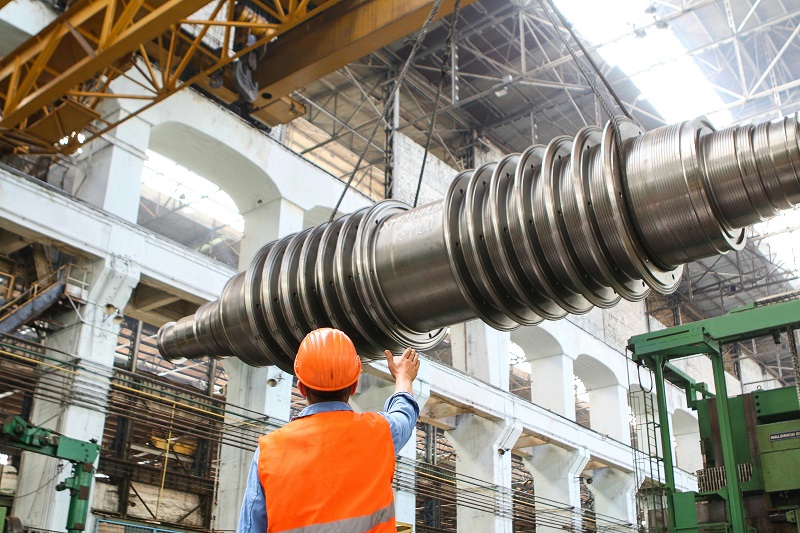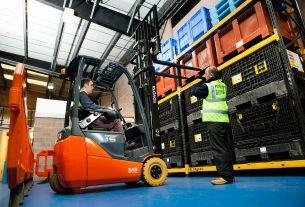Tom Mercer, Commercial Director at business consultancy GAIN LINE
As the new year begins, there are varying emotions regarding what 2024 will hold for the Manufacturing sector. Companies in the manufacturing industry must be able to adjust and come up with new ideas to meet the expectations of their stakeholders, whether it’s in terms of sustainability, supply chains or automation.
Creating a greener future:
In the upcoming year of 2024, the manufacturing sector will continue to focus on promoting sustainability. While the advantages of reducing environmental impact will still be a significant driver, companies will also adopt sustainable measures to enhance operational efficiency and lower costs. The pressure from customers for companies to adopt more eco-friendly practices will remain a significant motivator, leading to a greater divide between companies that spearhead innovation and sustainability and those that need assistance to adapt. For their survival, companies must invest in sustainable practices and processes to respond to the call for greater transparency. As Net Zero Targets draw closer, manufacturers must be fully aware of their carbon emissions and take measures to minimise their impact. To achieve this, they can measure energy consumption, the size of their premises, and the extent of travel included in the manufacturing processes. Setting up company-wide recycling schemes, switching to renewable energy providers, or buying offsets from companies that allow customers to fund carbon-reducing projects like solar energy or wind farms are some of the most effective ways to reduce emissions quickly.
The 4th Industrial Revolution:
A huge talking point within manufacturing is Industry 4.0, the “4th industrial revolution”. I foresee many more manufacturing companies turning to AI/IoT/automated robotics due to the increasing pressures on bottom lines, continued trouble with logistics capacity and a sheer lack of workforce. Turning to these methods will help to their future, increase output quality, and reduce the reliance on people.
Transitioning to AI and automation takes time, so the infrastructure for this needs to be sorted as soon as possible. Focusing on ensuring connectivity within the production premises is ready for expansion to newer and more demanding systems and that cyber security measures are robust will mean that manufacturers can quickly begin a digital overhaul and fully embrace automation.
The supply chain:
Due to a consistent shortage of materials and high energy costs affecting production, the manufacturing industry is feeling the pinch as many struggle with their supply chains. If manufacturers diversify suppliers to ensure visibility and the tracking of materials, along with using reliable data, they’ll be able to improve supply chain efficiency and reliability.
Team morale:
Creating great team morale needs to be high on the agenda to increase your production quality and punctuality. Many manufacturing firms that GAINLINE has spoken to want to drive a unique and positive culture within their business to improve staff retention.
We encourage the manufacturers we work with to adopt a regular and open conversation policy to ensure people are praised and that all employees are challenged. These simple behaviour changes can cause a positive culture shift if implemented well.
As many workers are now leaving jobs that require being in an office/place of work full-time, I imagine we will see more conversations about how managers can better meet remote workers’ needs.





